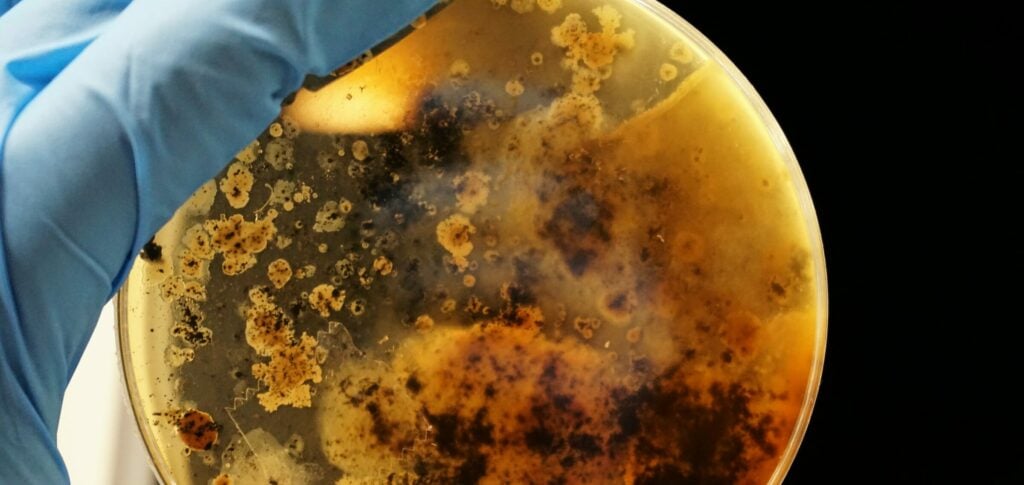“It is increasingly evident that the environment plays a fundamental role in the development, transmission and spread” of antimicrobial drug resistance (AMR), explains the UN Environment Agency report.
ADVERTISING
Antibiotic resistance is considered a threat by the World Health Organization (WHO). The organization fears that the world is heading towards an era in which common infections mutate and kill again.
They estimate that a total of 1,27 million deaths in 2019 can be attributed to drug-resistant infections, the study reports. An additional 10 million deaths per year could be recorded by 2050.
The abuse of antibiotics is part of the causes of this resistance of bacteria, parasites and viruses in general. However, it is also “closely related to the triple planetary crisis of climate change, loss of biodiversity and nature, as well as pollution and waste".
ADVERTISING
Mainly related to pharmaceutical industry and agriculture, pollution allows antimicrobials to invade the environment, starting with rivers.
“It's a real problem, as rivers are often the source of our drinking water,” microbiologist Jonathan Cox of Aston University in England, who was not involved in the UN report, told AFP. “This is a silent pandemic,” he emphasized.
Among the measures to combat this problem, the UN proposes the recycling of water used in pharmaceutical laboratories and hospitals.
ADVERTISING
(To AFP)
Read also

Receive news and newsletters do Curto News by Telegram e WhatsApp.




